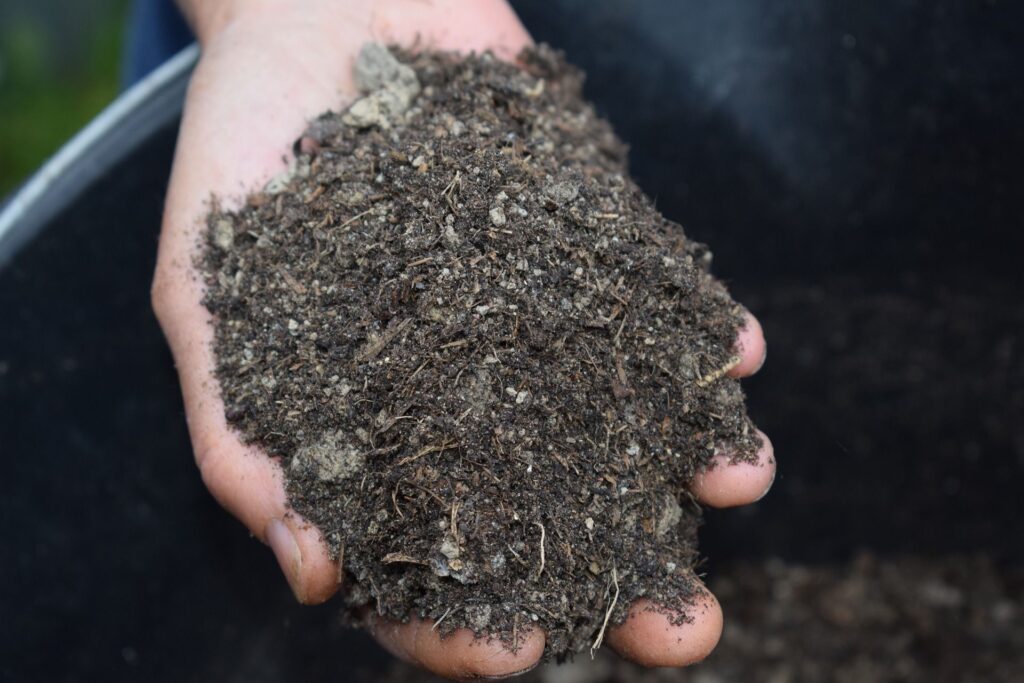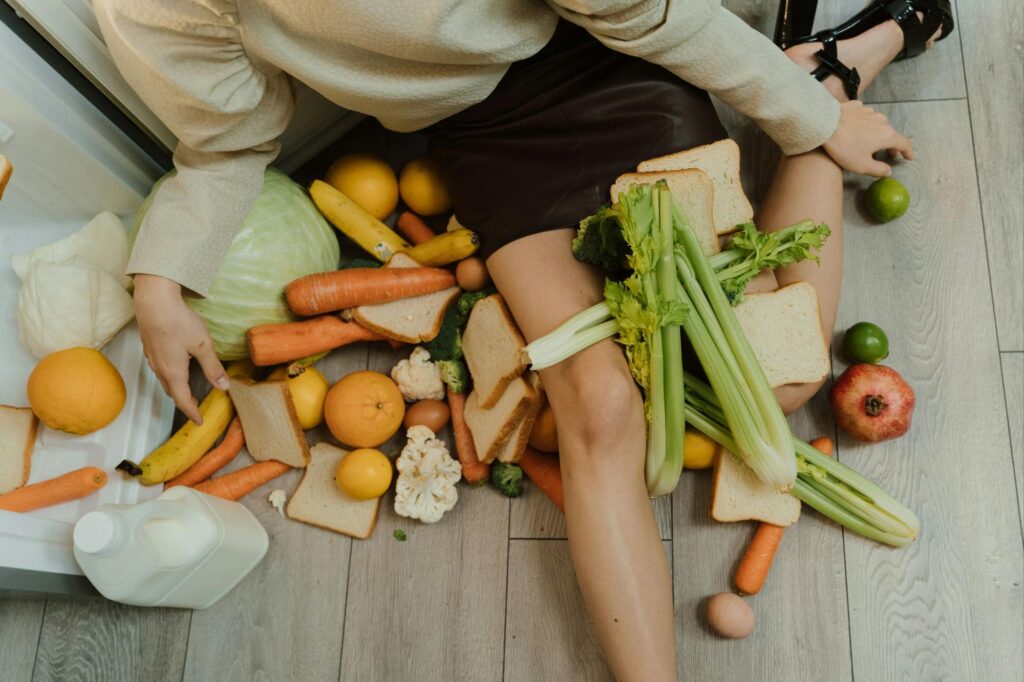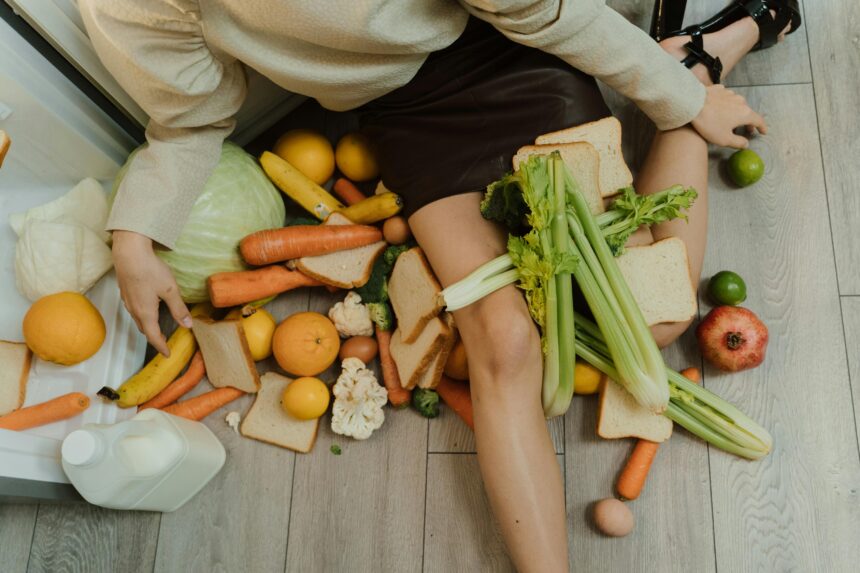Discover how you can turn your kitchen scraps into rich compost, even in small urban spaces. Composting not only reduces waste but also provides natural fertilizer for your plants. These five DIY methods are perfect for beginners and require minimal space and effort.

1. Bokashi Composting
What It Is: An anaerobic composting method using Bokashi bran.
How to Start:
Use a Bokashi bucket with a spigot.
Layer food scraps and Bokashi bran.
Let it ferment for two weeks.
Benefits: Odor-free, quick, and works indoors.
2. Vermicomposting (Worm Composting)
What It Is: Composting with the help of worms.
How to Start:
Set up a bin with bedding (newspaper or coconut coir).
Add worms and food scraps.
Harvest worm castings after 2-3 months.
Benefits: High-quality compost with minimal maintenance.

3. Trench Composting
What It Is: Digging a trench in your garden to bury food scraps.
How to Start:
Dig a hole or trench about 8-12 inches deep.
Add food scraps, cover with soil, and let it decompose naturally.
Benefits: No equipment needed, great for garden beds.
4. Compost Tumblers
What It Is: Enclosed bins that can be rotated for aeration.
How to Start:
Fill with equal parts green (kitchen waste) and brown (dry leaves) materials.
Rotate every few days to speed up decomposition.
Benefits: Fast composting process, pest-proof.
5. Countertop Composting Bins
What It Is: Compact bins designed for indoor use.
How to Start:
Purchase or DIY a small compost bin.
Add scraps and let them break down naturally.
Benefits: Space-efficient, ideal for apartment dwellers.
Call-to-Action (CTA):
“Start composting today and experience the joy of turning waste into a gardening treasure! Share your composting journey with us in the comments below.”






